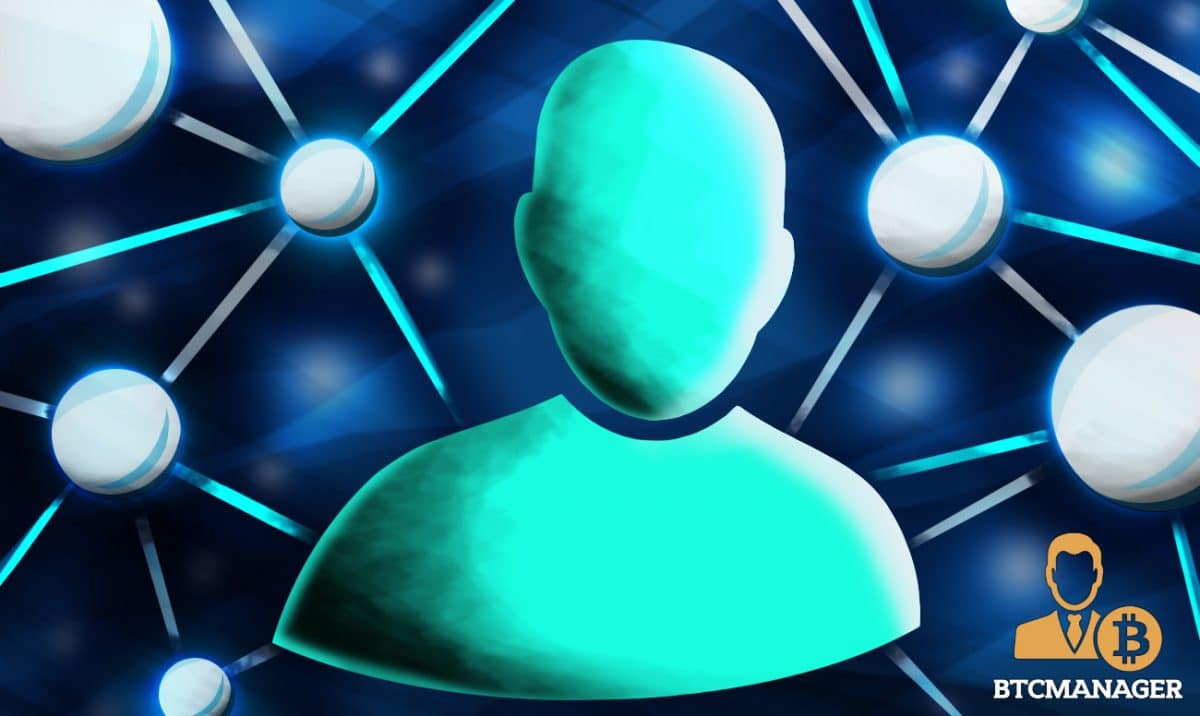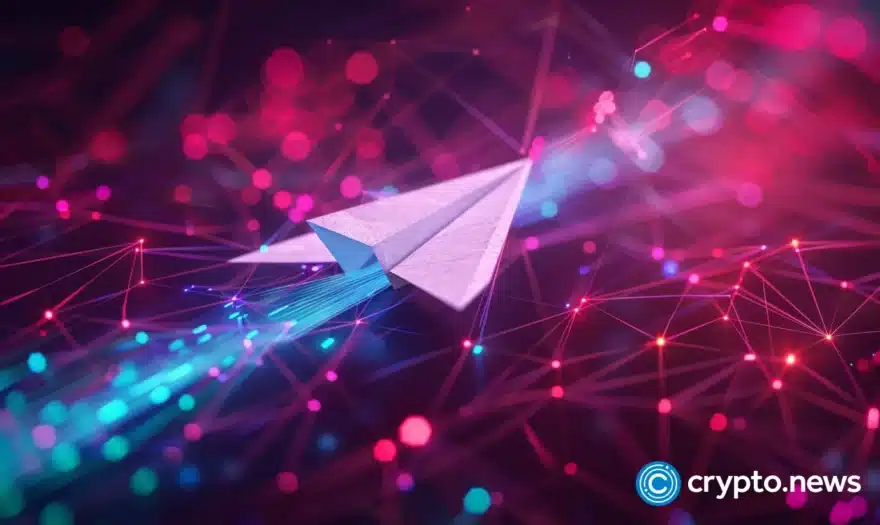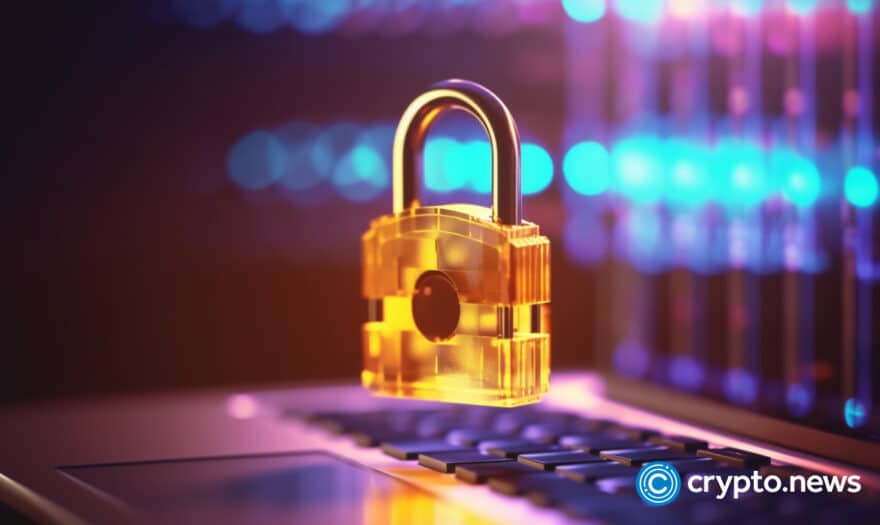Microsoft to Develop Decentralized Digital Identities and the Blockchain

The world we live in is ever changing with technological advancements outpacing the ability for the layperson to understand them. The world is undergoing a global digital transformation. Thus, it isn’t farfetched to assume that our current society may need a new model for one’s digital identity. Precisely, one that enhances privacy and security across both the digital and physical world.
Digital Encroachment and Microsoft’s Incubator
Innovation is continuously impacting One’s digital identity and physical presence with the blockchain being the newest in a laundry list of technological advancements. These advancements should not be taken for granted as they include services and items we use on a day-to-day basis, like the internet and cell phones.
However, with each development, there is an apparent trade-off. Think about how great smartphones were, but how much they have negatively impacted social gatherings. They are great for photographing and sharing an event but can provide a barrier to the real world despite their popularity in the digital one.
Microsoft held a decentralized identity incubation in which they discussed five main ways for creating richer experiences, enhanced trust, and reduced friction, while also returning ownership to individuals’ digital identity.
Own and Control Your Identity
Most users of applications don’t realize the broad consent they provide countless applications and services. This approval allows companies to collect and retain information well beyond the user’s control. One of the biggest issues this results in is targeted advertising.
Upon closer examination, however, a more significant threat may be at stake: What happens when the underlying application experiences a data breach? This outcome means that many users are at risk of having their identities stolen.
The Microsoft team analyzed decentralized storage systems, consensus protocols, blockchains, and a variety of emerging solutions and concluded that blockchain technology was the best suited for enabling Decentralized IDs (DID).
Privacy by Design, Built from the Group Up
The second major goal outlined for the user is to create a secure encrypted digital hub (ID Hubs). The purpose of these hubs will be to interact with user’s data while honoring user privacy and control.
ID Hubs will allow the apps and services that deliver tailored advertisements and experiences to continue accessing the valuable data stored on the blockchain without the risk of identity theft.
Trust Is Earned by Individuals, Built by the Community
Currently, authentication systems are geared towards authentication and access management. These are the more traditional systems. A more forward-leaning model, or a self-owned identity system, creates a focus on authenticity and how the community can establish trust.
Without trust the identity system is useless. In a decentralized system, like the blockchain, confidence is based on claims other entities endorse, which in essence are “confirmations” in the blockchain.
Applications and Services Built Around the User
The applications that genuinely capture their user base revolve around the user’s specific personal information. These more engaging applications offer experiences personalized for users by accessing their Personally Identifiable Information (PII).
DIDs along with ID Hubs can allow developers access to a more precise set of confirmations while reducing legal and compliance risks. These risks exist with the processing of such information, but instead, the user will control the information and provide sole access to it.
The question arises, though, how open will the information be?
Open Interoperable Foundation
A robust decentralized ecosystem accessible to all is not an easy task to build. For one, it has to be developed on standard, open source technologies and protocols. Microsoft, for the last few years at least, has been participating in the Decentralized Identity Foundation (DIF).
This foundation allowed for individuals across the globe interested in creating digital identities to take on this challenge while collaboratively developing key components. There were five critical components on which the DIF team focused.
The five components included: Decentralized Identifiers (DIDs), Identity Hubs, Universal DID Resolver, and Verifiable Credentials. DIDs, as above mentioned, define a standard document format for describing the state of a Decentralized Identifier.
ID Hubs are encrypted identity storage protocols that feature message relay, identity confirmation, and identity-specific compute endpoints. Once the network of developers implements these components, the product will be ready for scaling for the masses.
World Scale
The final step is to ensure a vast number of global users will have access and the ability to use this platform. The underlying technology must be capable of scaling and performing on par with traditional systems but also providing the added benefits of the blockchain.
To overcome current technical barriers, the Microsoft team is collaborating on decentralized Layer 2 protocols. These run atop public blockchains to achieve global scaling solutions while preserving the attributes of a top end DID system built into a network.
https://twitter.com/starkness/status/896418547156602880
Accessibility is another significant part needed to scale the technology for a vast population appropriately. The blockchain ecosystem is filled with early adopters who have become well versed in how to store private keys and the security of devices. Even then, there still exists regular phishing and hacking scams.
A key aspect that needs to be better formatted for mainstream adoption is how to recover and rotate secure access while not diminishing security protocols.
Next Steps
The Microsoft Authenticator app is already in use by millions of users worldwide. Ths app is the first step in the use of DIDs. The goal is to begin experimenting with Decentralized Identities by adding support for them into the Microsoft Authenticator app.
If the user consents, Microsoft Authenticator would act as your User Agent to manage identifiable data and cryptographic keys. In this basic design, only one’s ID is rooted in the blockchain. Identity data is stored in an off-chain ID Hub encrypted using specific cryptographic keys.
Even though Microsoft built this platform, they allege they cannot see your personal information. Once the feature is integrated, apps and services will be able to interact with users data by requesting granular consent through a messaging conduit.
The Future
The Microsoft team is making significant inroads to bringing Digital Identities into the real world. This size of this project is immense which is why the team has reached out to members of the Decentralized Identity Foundation and the diverse ecosystem of Microsoft Developers, business partners, hardware and software builders to aid in this project.
Beyond the development team, a key aspect will be customers willing to try this technology out and provide invaluable feedback regarding its use.
Many coins are attempting to create a Decentralized Identity platform in the form of Know Your Customer (KYC) forms. A recent ICO, KYC, specializes in this exact type of technology. An already existing coin CVC also intends to implement digital identities that have KYC approval built in.
It is a very positive sign that companies like Microsoft are making this a priority while working publicly on the code. Mass adoption of the blockchain should be expected in 2018, as it provides security and transparency that had been missing previously.
To read the King’s prior articles, to find out which ICOs he currently recommends, or to get in contact directly with the King, you can on Twitter (@JbtheCryptoKing) or Reddit (ICO updates and Daily Reports).












